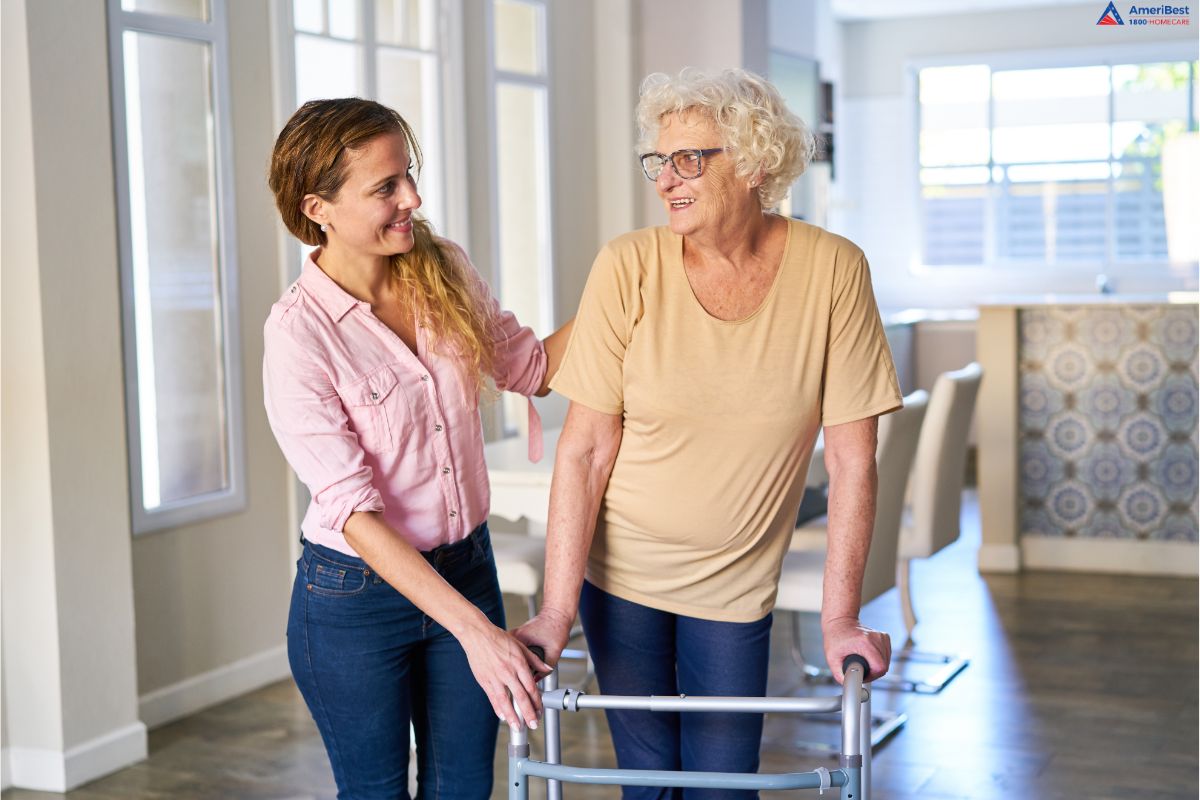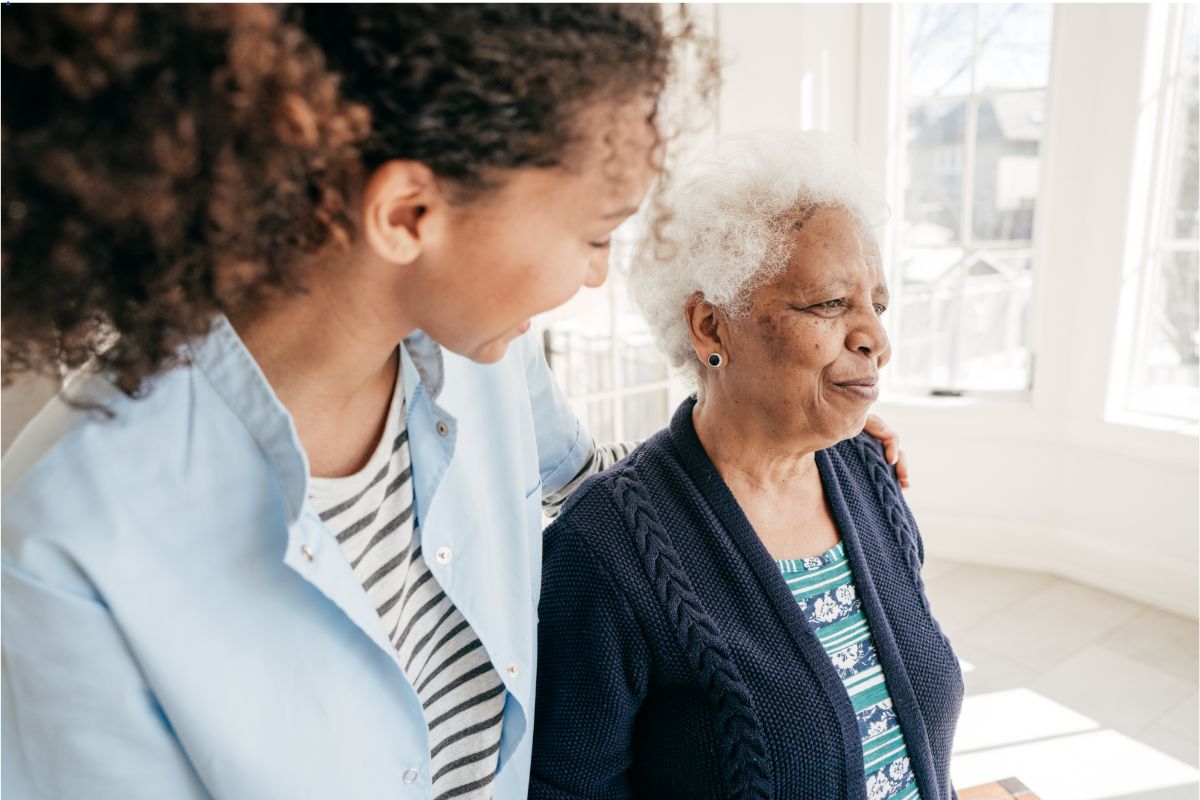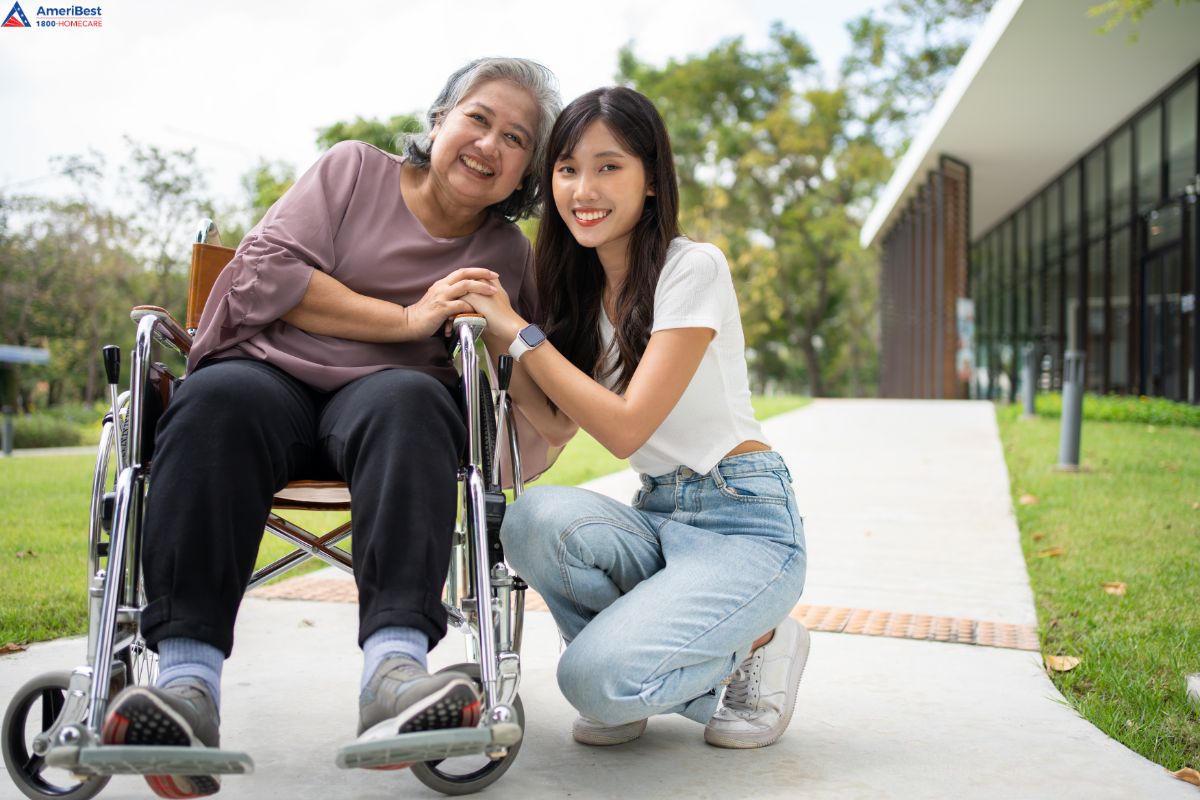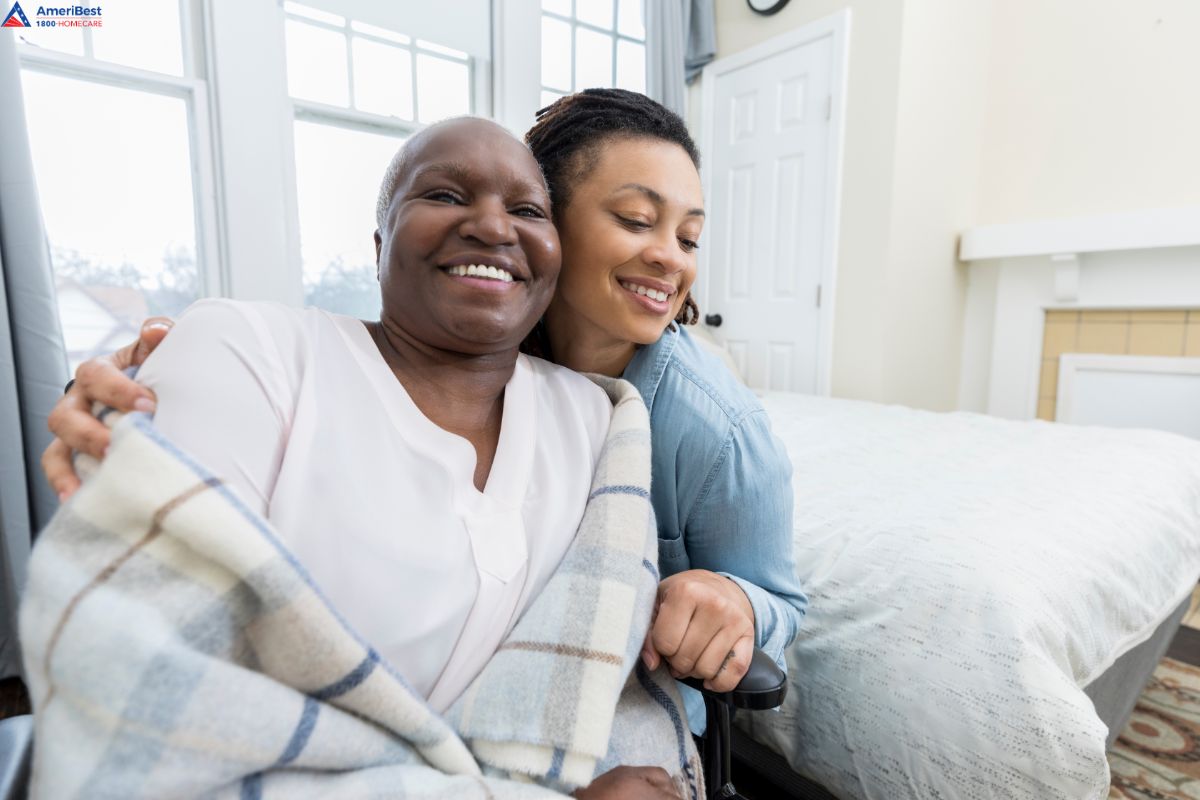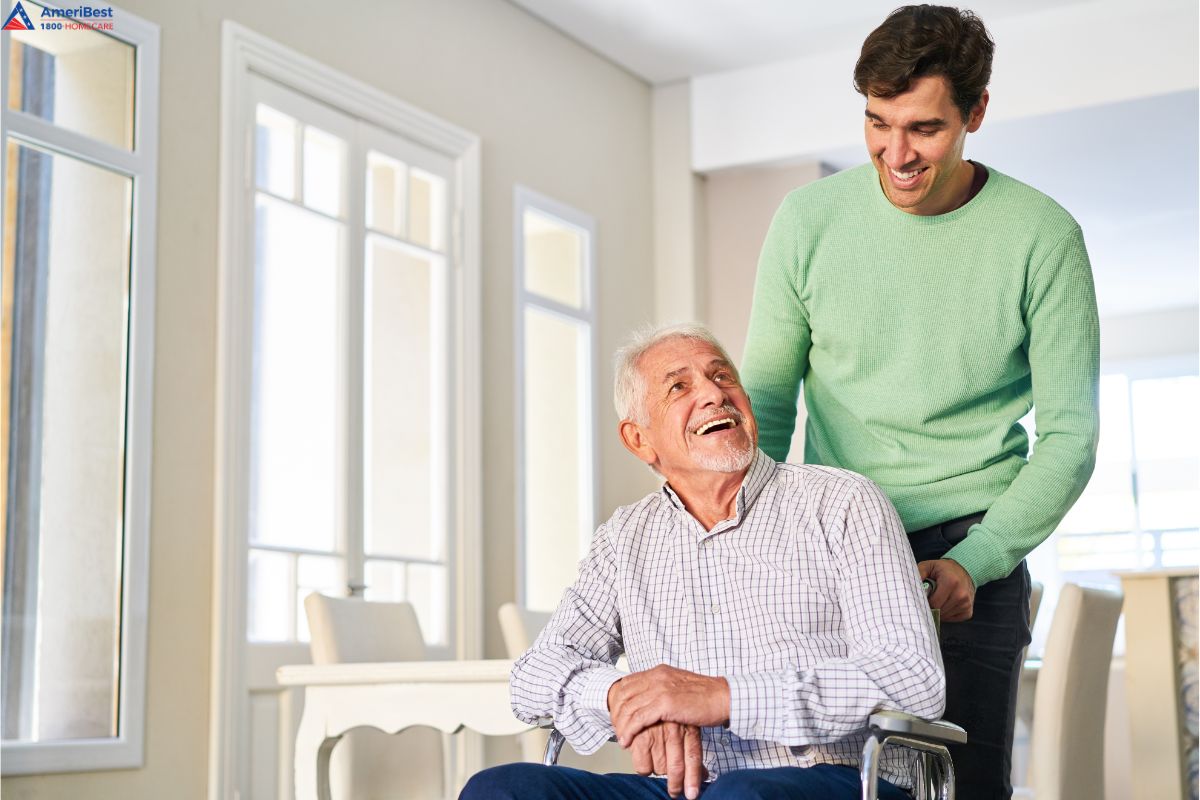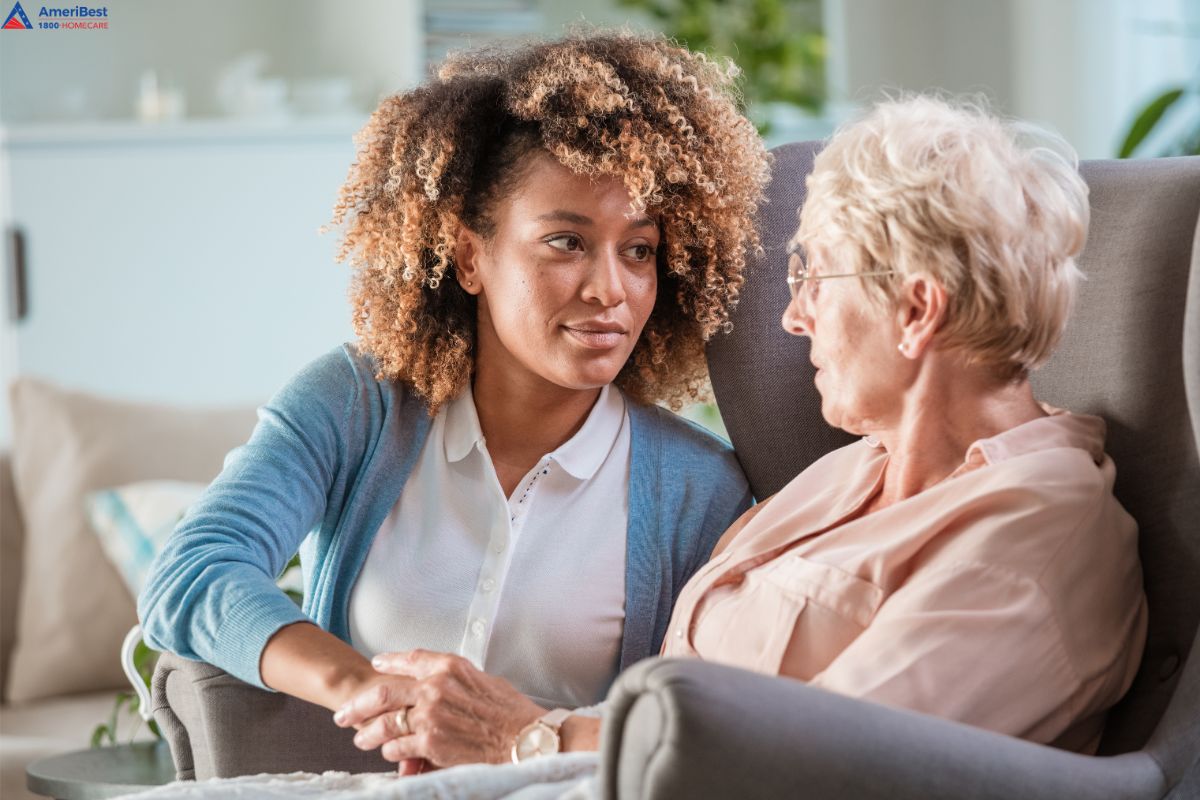As seniors face new health challenges as they age, it becomes increasingly important to consider how they can continue to receive the care they need while maintaining their independence. For many families, in-home personal care offers a solution that allows loved ones to age in place and be surrounded by familiar comforts. However, transitioning to home care can be a significant change for you and your loved one.
This guide will offer insights into making the transition to personal care at home smoother and less stressful. Whether you’re exploring the option of personal care homes in Philadelphia or considering in-home caregiving services, proper planning is essential for success.
1. Assess Care Needs
Assessing your loved one’s needs before making any decisions about transitioning to personal care at home is essential. Take the time to evaluate their physical, emotional, and cognitive health. You may want to consider:
- Their ability to manage daily activities like dressing, bathing, and eating
- Any mobility issues and potential fall risks
- Chronic conditions or health complications
- Their mental and emotional well-being, including whether they may benefit from companionship or mental health support
Many personal care services provide professional assessments to help families understand what care is needed or work with health care providers to evaluate their needs. This step ensures the right support is in place from day one.
2. Involve Your Loved One in the Decision
When planning the transition to care in the home, it’s essential to involve your loved one in the decision-making process. Allow them to voice their preferences, concerns, and expectations regarding the type of care they will receive. Their participation in planning can reduce feelings of loss of independence, something many seniors struggle with, and help make the transition smoother.
Some of the benefits of an in-home caregiver you can discuss with them include:
- Remaining in a familiar environment
- Receiving personalized attention and care through tailored support plans
- Fostering independence while receiving the necessary support
- Building strong relationships with caregivers
Open and honest communication helps set the stage for a successful adjustment.
3. Choose the Right Personal Care Provider
The next step in the transition is selecting a skilled, reliable, and compassionate personal care provider. Families should prioritize providers who have experience with their loved one’s specific needs, whether that involves elderly care, disability support, or managing chronic conditions.
Essential traits a caregiver should have include:
- Compassion and empathy
- Strong communication
- Flexibility to adapt care plans as needs change
- Professional certifications or training and skills relevant to personal care
When searching for the best personal care in homes in Philadelphia, consider AmeriBest Home Care. We offer personalized, in-home care services tailored to each individual’s needs.
4. Maintain a Familiar and Comfortable Environment As Much as Possible
One of the main advantages of personal care at home is that your loved one gets to remain in their familiar environment. However, small changes may need to be made to ensure their safety and comfort. For example, you may need to:
- Remove tripping hazards such as loose rugs or electrical cords
- Install grab bars in the bathroom
- Set up an accessible living space that minimizes the need for stair climbing or add ramps.
While these things are essential for their safety, doing your best to minimize their presence and maintain a familiar environment will help ensure your loved one feels at ease during the transition.
5. Have Regular Communication and Set Expectations
Transitioning to having a home caregiver is a process, and it’s important to maintain open lines of communication throughout. Set clear expectations for both the caregiver and your loved one. Make sure everyone understands the care plan, daily schedule, and how any concerns or issues will be addressed.
Regular family meetings with the caregiver are a great way to make any necessary adjustments to care plans and keep everyone on the same page.
6. Give Them Time
Adjusting to having a home care aide will take time. During the first few weeks, it’s common for both the family and the person receiving care to experience some challenges and changes to their habits and schedule. Be patient, offer support, and allow time for everyone to get used to the new routine.
Personal care professionals, like the caregivers at AmeriBest Home Care, are trained to support families during this adjustment period, helping create a smooth and positive experience for all involved.

We Offer Trusted Personal Care in Homes in Philadelphia
Transitioning to home care doesn’t have to be overwhelming. With the right preparation and a trusted partner, like AmeriBest Home Care, you can ensure your loved one receives the compassionate care they deserve. Whether you’re exploring home caregivers or considering getting paid to take care of your family member yourself, our team is here to help make this journey as seamless as possible.
We are conveniently located in Allentown, Harrisburg, and Philadelphia to assist you with your senior care needs.
Call us at 1-800-HOMECARE to learn more about how we can help.










